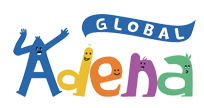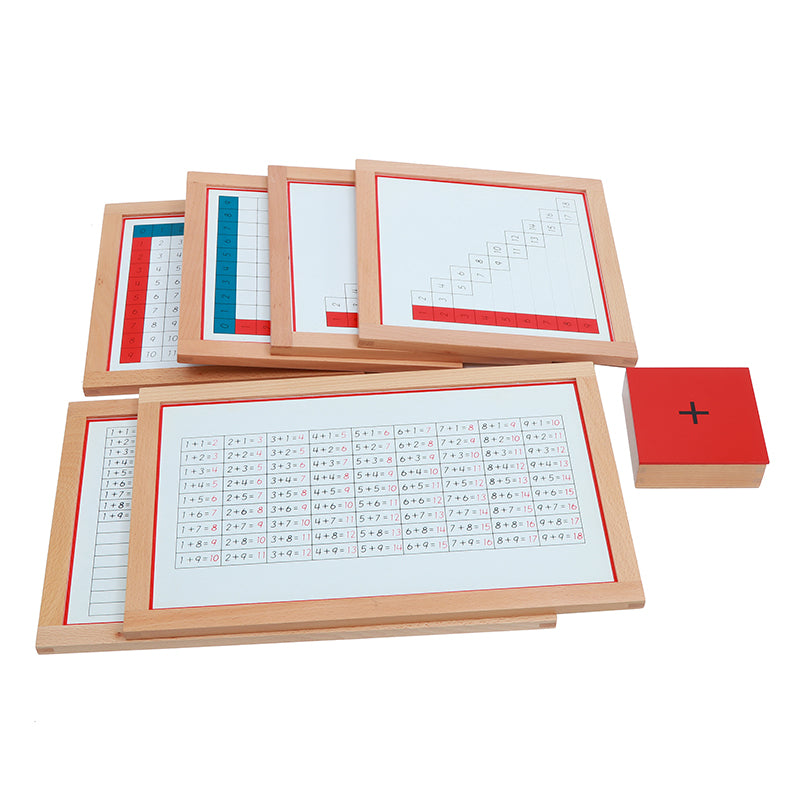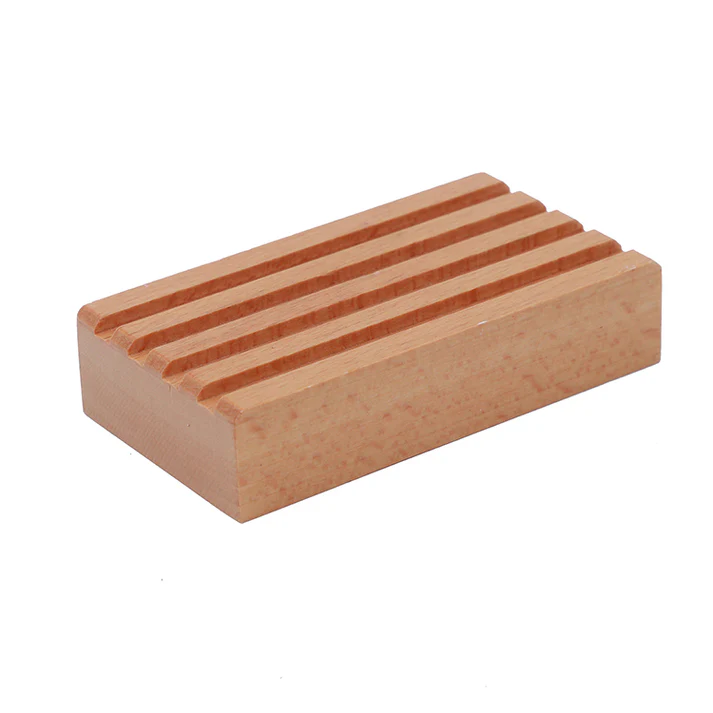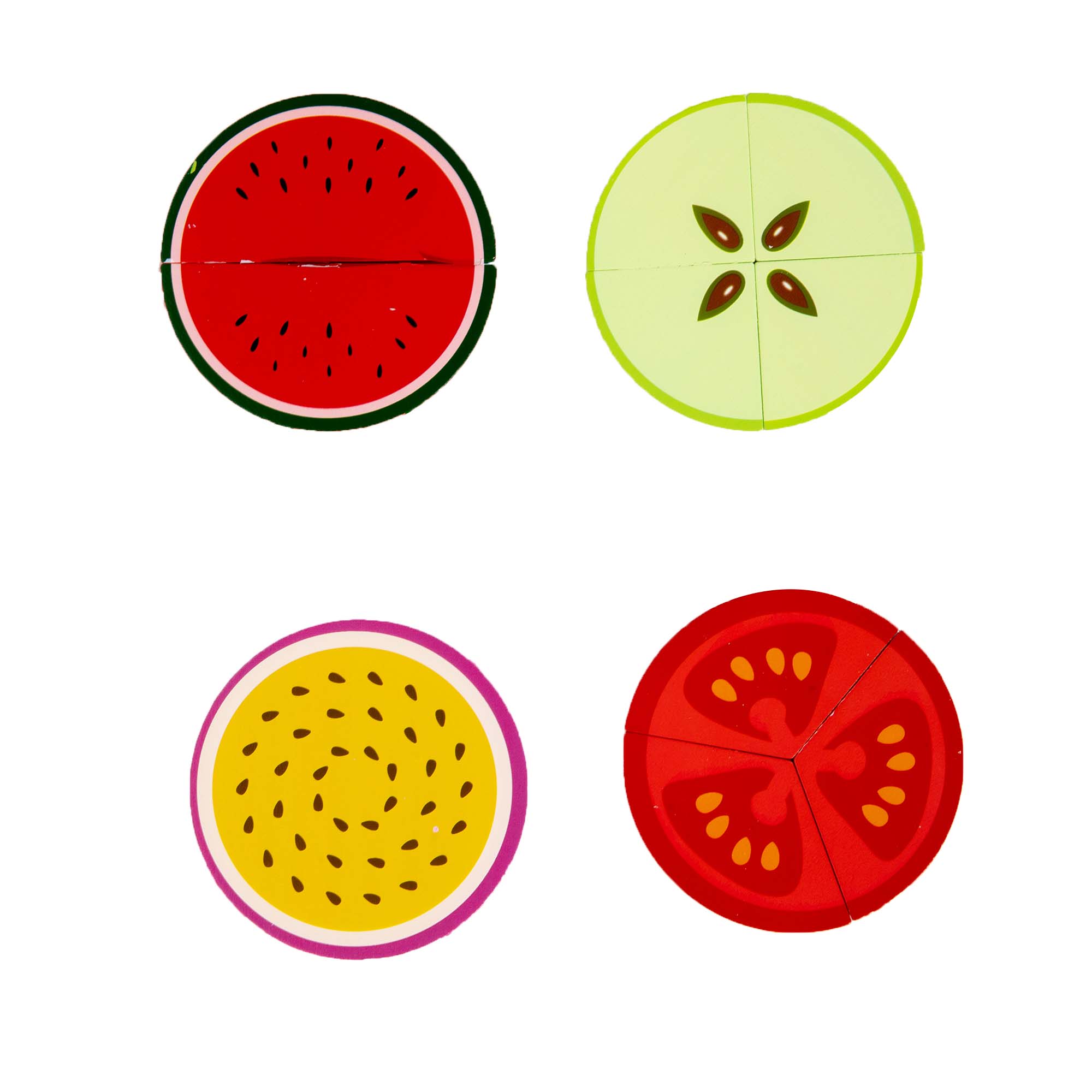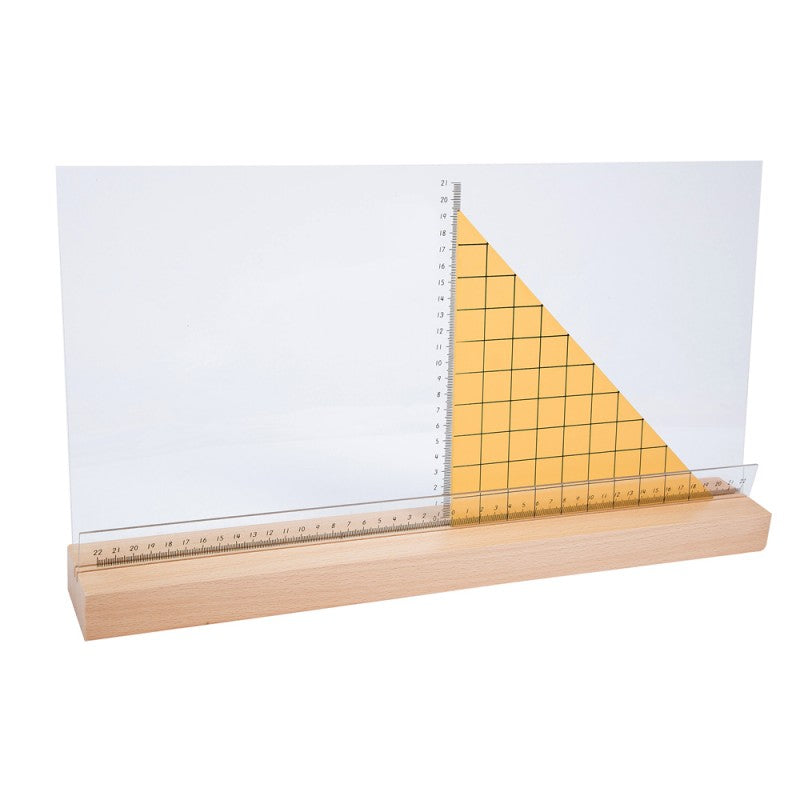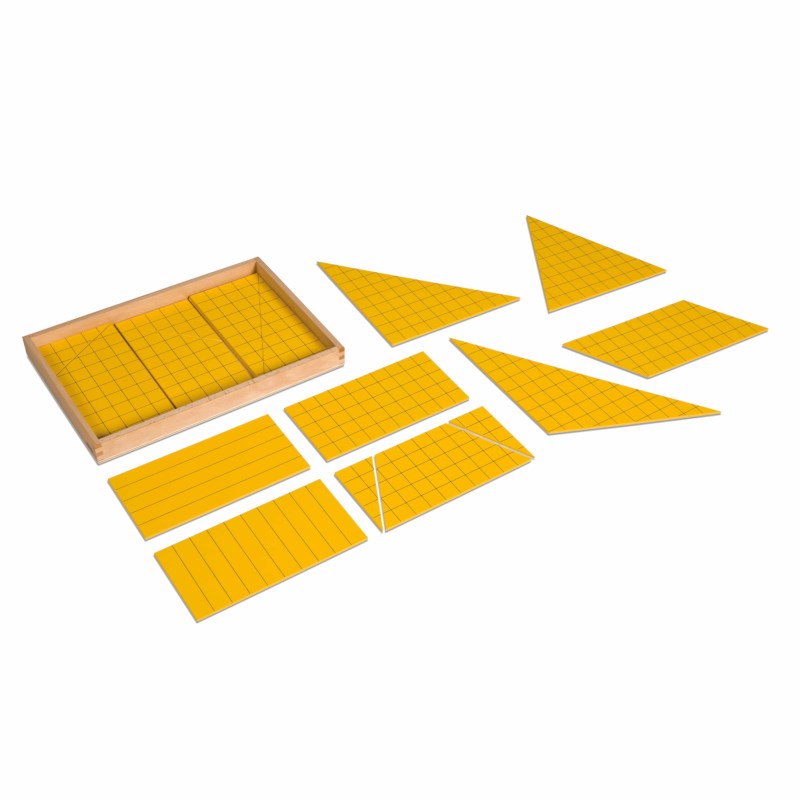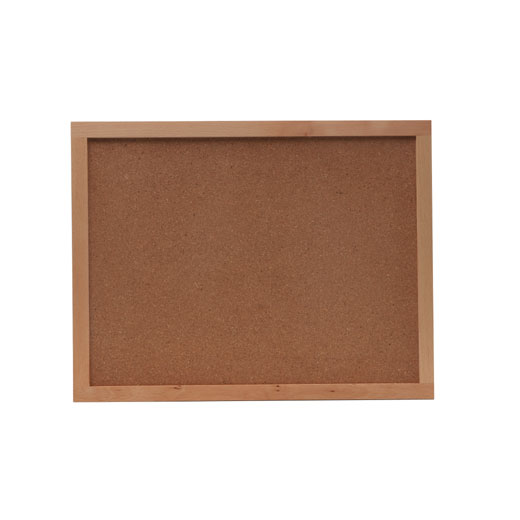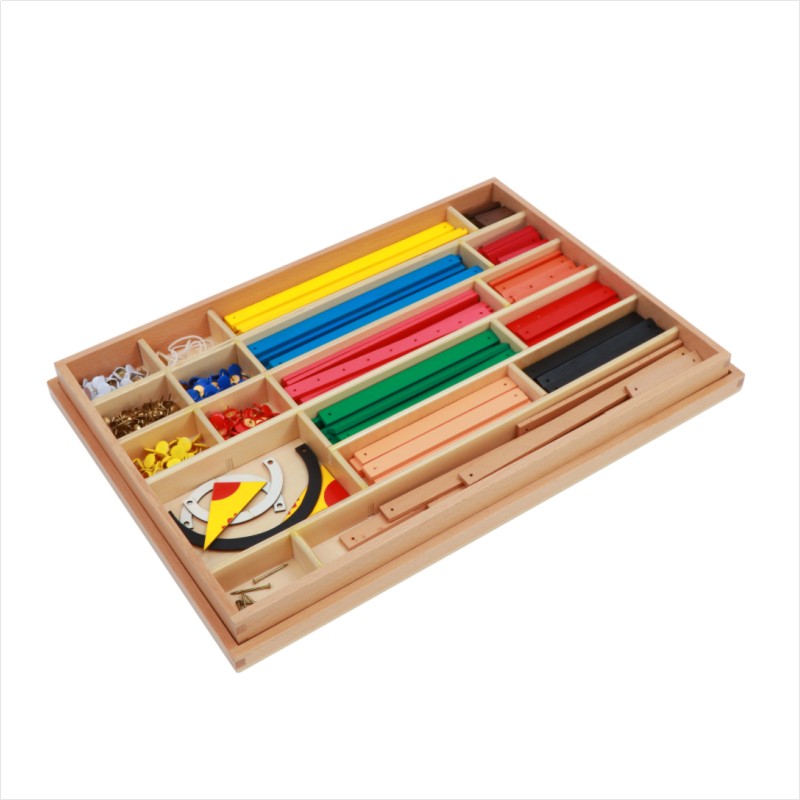Mathematics
Components:
The set includes 6 addition practice tables, specifically for the numbers 1, 2, and 3, along with 1 blank table for independent exploration.
Each table features a series of addition problems, designed from simple to more complex, helping children gradually master addition.
All tables are housed within a wooden frame for easy storage and organization.
A wooden box contains numeral cards that children can use to solve the addition problems on the tables.
Main Features:
6 Addition Tables: Each table focuses on a specific number (1, 2, or 3) and includes addition problems to reinforce basic addition skills. The blank table allows children to create their own addition problems and explore addition independently.
Wooden Frame: All the tables and numeral cards are neatly stored in the wooden frame, making it easy for children to access and work with the material.
Wooden Numeral Cards: The box contains wooden numeral cards that children can use to physically solve the addition problems on the tables, providing a hands-on learning experience.
Key Learning Objectives:
Practice Basic Addition Facts:
The Addition Working Charts provide repeated practice with the addition of the numbers 1, 2, and 3, helping children reinforce basic addition facts.
Provide Concrete Experience in Addition:
By using the wooden numeral cards to solve addition problems, children gain a tactile, concrete experience with addition, which helps deepen their understanding of the concept.
Master Addition Tables:
With continuous practice, children will internalize and become fluent in the addition tables for numbers 1, 2, and 3, laying the groundwork for more advanced arithmetic.
Explore Different Number Combinations:
The blank table allows children to create their own addition problems, promoting flexibility in mathematical thinking and helping them understand that there are multiple ways to combine numbers to form sums.
Prepare for Abstract Mathematics:
The hands-on nature of the material provides a foundation for understanding more abstract mathematical concepts, such as mental arithmetic and symbolic addition.
Encourage Concentration:
Working through the addition problems requires children to focus and pay attention to detail, helping them develop their concentration and problem-solving skills.
Self-Correction and Confidence Building:
Children can use the numeral cards to check their answers, allowing for self-correction. This process helps build their confidence and independence in learning.
Mathematics | Tables of Arithmetic
